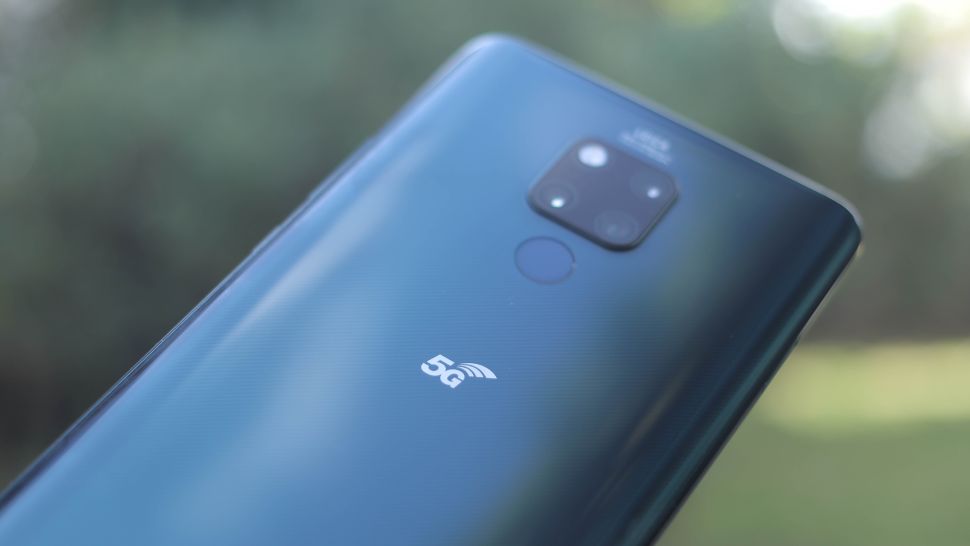By Aaron Ukodie

Several nations are exploring the 5G vistas to drive their economies, business and life experiences, and the Nigerian Communications Commission (NCC) is keying into the trend to put Nigeria into the 5G map.
The NCC is priming the 5G networks and services as key contributor to the emergence of a fully digital economy.
The Commission took the first step when it carried out 5G trials in the last weeks of 2019. The trials were in partnership with MTN, 5G technology global vendors such as Huawei, ZTE, Nokia and Ericsson carried to establish the possibility of implementing the 5G networks and services delivery in the country.
Trials were successfully held in Abuja, Lagos and Calabar and from all indications 5G networks and services could go live in 2020, barring any unforeseeable challenges. The NCC trials was the first in West Africa
It is not clear yet whether the NCC would pass network operators who already have certain enabling licenses to begin 5G network development without imposing new licenses and fess as it is done in several countries where operators are paying huge sums of money to regulators to roll out 5G networks. Recently the Commission showed the spectrum path for 5G networks in Nigeria a move that provided optimism for early 5G network leaders.
NCC hopes that, the InfraCo framework will provide the needed robust broadband infrastructure upon which the 5G services will ride, thereby impacting e-learning, tele-medicine, e-agriculture, e-health, e-commerce and so on, in terms of speed, latency and more applications that can be made possible when 5G is pervasively deployed by operators in the country. In addition to this, the Commission has projected greater prospects for accelerating digital transformation in Nigeria, through making the country a truly knowledge and digital economy.
Through 5G network deployment, Nigerian will have access to faster broadband speed on their network. This will result in more efficiency in the course of carrying out their personal and official activities.
5G networks also offer more reliable connections on smartphones and other devices than ever before.
Combining cutting-edge network technology and the latest high-speed devices, 5G should offer connections that are multitudes faster than current hookups, with average download speeds of around 1GBps expected to soon be the norm.
The networks are expected to supercharge Internet of Things technology, providing the infrastructure needed to carry huge amounts of data that allows for a smarter and more connected world.
Though there has been initial skepticism expressed in some quarters about 5G roll out and services uptake, the technology is gaining ascendancy in the number of operators and regulators keying into the technology because of its huge vista.
5G networks have been launched around the world with providers offering the connectivity tech across the US, UK and Australia as well as a variety of other countries around the world.
Verizon of the United State was the first operator globally to offer the next-generation network, followed by T-mobile, and then Sprint and AT &T. In the UK several network operators have launched 5G networks among them BT, Vodafone, Q2, Three and Sky Mobile.
Briefly, this is what 5G networks will do for you, when the NCC and the network operators roll them out.
- Faster download and upload speeds
- Smoother streaming of online content
- Higher-quality voice and video calls
- More reliable mobile connections
- Greater number of connected IoT devices
- Expansion of advanced technologies – such as self-driving cars & smart cities












